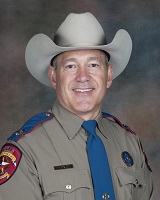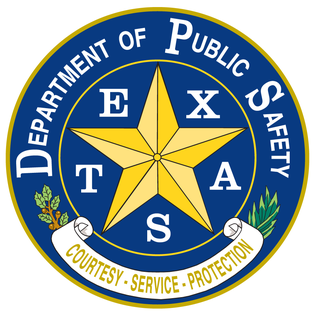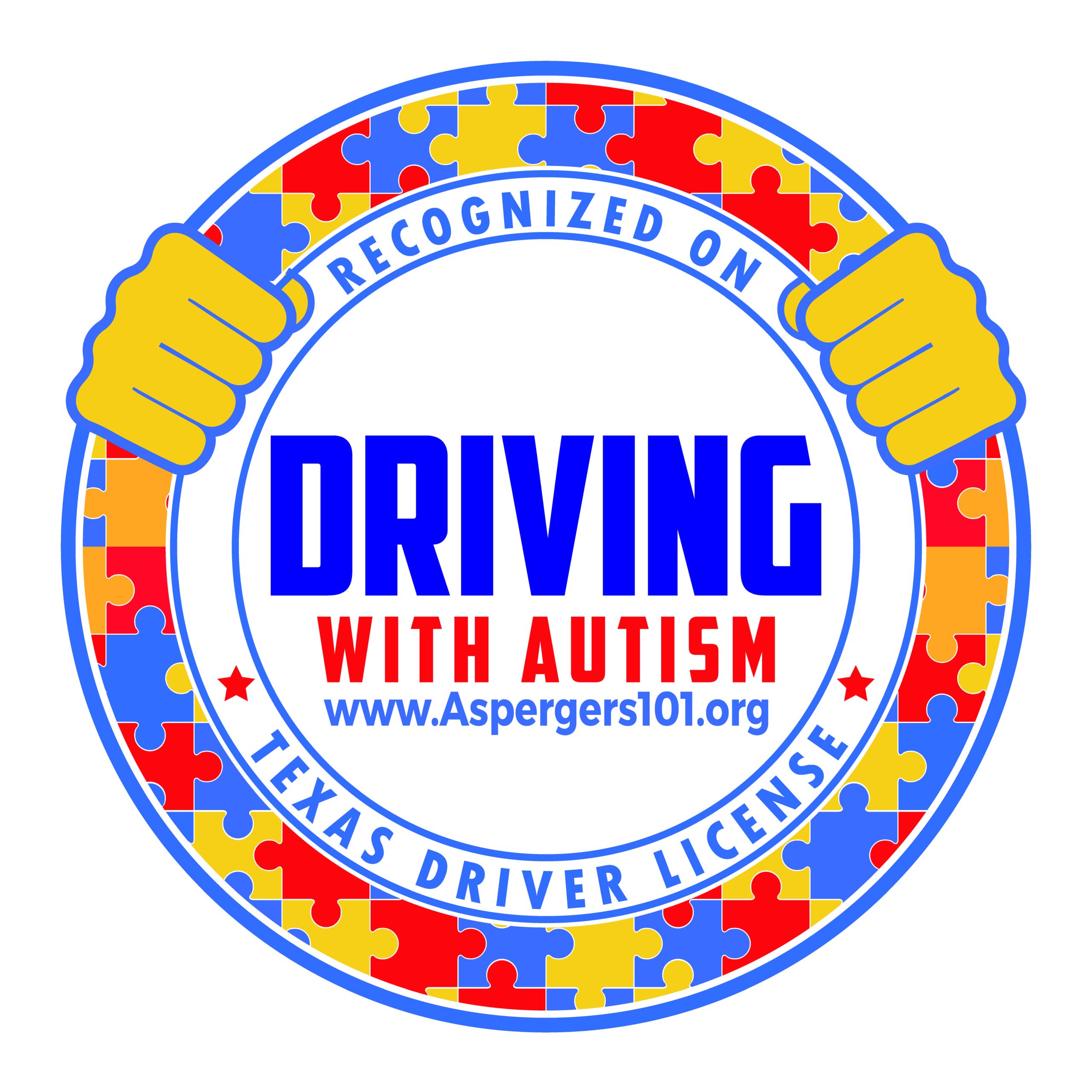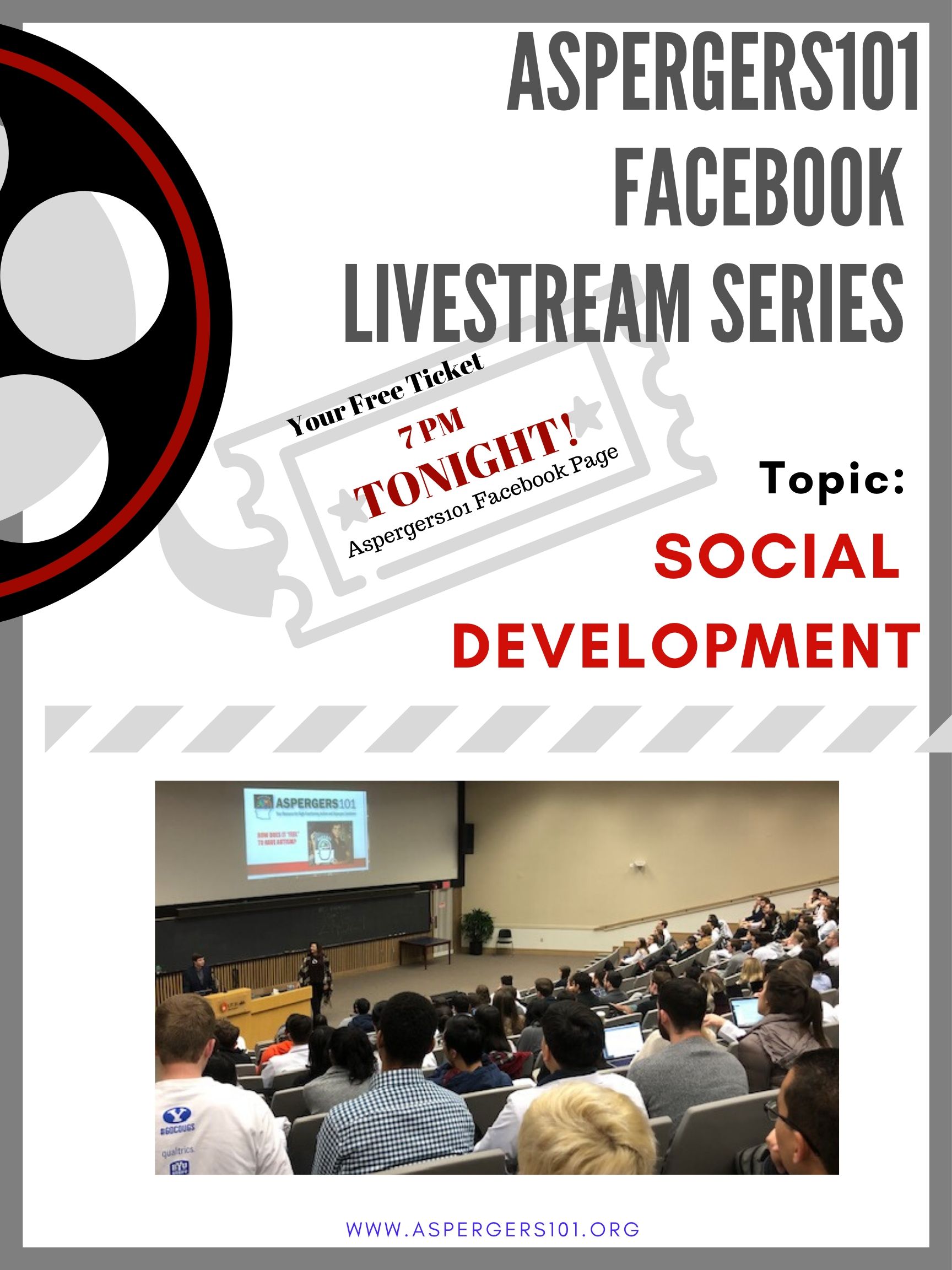Respecting Neurological Differences and Decreasing Stress for the ASD Student in Class
 Perhaps most relevant to a student in the classroom: when you are stressed you are less likely to embrace difficult tasks. On your most stressful day, you will probably put the complex tax form in the “to do” box and leave it for a better day.
Perhaps most relevant to a student in the classroom: when you are stressed you are less likely to embrace difficult tasks. On your most stressful day, you will probably put the complex tax form in the “to do” box and leave it for a better day.
For our students, neurological stress can be the major underlying factor contributing to difficulties in communication, socialization, and academic performance.
Because of this, it is our essential job as parents and educators to respect the neurological differences and decrease that stress in creative and varied ways.
From breathing techniques to visual strategies and beyond, we will strive to decrease neurological stress so that our students and children can present their best self each and every day.
A schedule is a core strategy that creates an anchor for students who struggle to make sense of their day and their environment.
This is true of any classroom for any type of student. It has been well documented that learners benefit from having a daily agenda. Except, the difference is that while all students benefit from a daily agenda or schedule, students with Asperger’s Syndrome and other special needs have a greater need for this simple, yet fundamental strategy.
For a younger student, this might be a simple posting of the daily activities on the board. For an older student that transitions from classroom to classroom, the daily schedule might be best in a notebook. However, each class period or subject should post the specific activities for that day.
For example, a high school teacher can help to decrease the many stressors of high school life by posting something as simple as:
Preventing Meltdowns
Although we have addressed the topic of meltdowns previously, it is a topic that needs to be revisited often, given the intense nature of the meltdown. “People with autism, new research suggests, may have an unusually large and overactive amygdala. This may be one reason why people with autism are easily overstimulated and have a hard time understanding and managing emotions.” – University of Washington

This is one of many neurological findings that helps to explain how meltdowns are very different from tantrums. They originate from a neurological place of sensory differences: an over-abundance of neuronal pathways. The brain, whether through too much sensory input, cascading thoughts, chemical overload or some cumulative effect of all of these, gets overwhelmed!
I know individuals with autism can help understand the horror of the meltdown better than any observer. So I would like to refer to Carly Fleischmann for her unique perspective. The following is an excerpt from her website:Continue Reading
Free 4 You: Driving With Autism webinar kicks off Thursday
by Lynette Vega, SBG San Antonio Monday, November 18th 2019
WOAI News 4- San Antonio
SAN ANTONIO — An initiative in Texas is creating safer interactions between law enforcement and those on the autism spectrum. It’s called the Texas Driving With Autism Initiative and a free webinar will be held for the public to learn more about it.
To register for the free webinar, CLICK HERE.
Interests can serve as calming mechanisms for the brain with Aspergers
The fact that special interests can serve as calming mechanisms is largely true for neuro-typical persons as well. Think of your favorite interests outside of your job and your family.

What do you enjoy doing when left to your own devices? Some common interests include the following:
- Reading
- Gardening
- Sports
- Movies
- Music
- Photography
- Exercising
- Shopping
- Traveling
- Collecting Items
Whatever your interest[s] might be, you probably find them enjoyable, fulfilling, and even relaxing. The interesting thing about interests is that one person’s most favorite activity/thing might be another person’s least favorite thing to do.
Shopping might be a relaxing and enjoyable activity for someone as they comb through racks and racks until they find that crazy deal of all deals! That very same experience might cause stress and even heart palpitations for another as they search for the nearest exit. As with most strategies, interests are highly individualized.
For persons with Aspergers, interests may take many forms and be especially intense.
Support For Off-Campus Travel for College Students with ASD
Welcome to the holiday season! The season is one of change, for a variety of reasons. The arrival of the holidays announces the coming of cooler weather for most of the U.S., begins a time of travel, and signals the end of the calendar year. The holidays are a time of change for college students, too. Most students who have been living full-time on campus since summer will be traveling back and forth between home and their dorms multiple times within a few short weeks.
 Off-campus travel can be complicated. Travel by rail can be rife with delays. Bus travel can be time consuming. And those traveling by air frequently encounter challenges due to cancelled flights and the navigation of multiple airports.
Off-campus travel can be complicated. Travel by rail can be rife with delays. Bus travel can be time consuming. And those traveling by air frequently encounter challenges due to cancelled flights and the navigation of multiple airports.
The Benchmarks of Effective Supports for College Students with Autism Spectrum Disorders (2012) is an assessment tool with which to determine the readiness of specific institutions of higher learning to support the academic, social, and independent living needs of students living within the autism spectrum.
WEBINAR: Driving with Autism Texas Initiative
Sign Up Here For November 21st Webinar sharing all components of this trail-blazing initiative. Oh…it’s free!

Register Online Now for the Texas Driving with Autism Webinar! The Driving with Autism initiative is a first-of-its-kind program out of Texas that is improving interactions between law enforcement and drivers diagnosed with a communication challenge. Now we want to share the entire initiative with other states, law enforcement agencies and organizations who desire to duplicate the successful program. The One-Hour webinar will be hosted by Ron Lucey, the Executive Director of the Texas Governors Committee on People with Disabilities. Join Jennifer Allen, Executive Director of Aspergers101 and the force behind the initiative, Jeremiah Kuntz, Director of Vehicle Titles & Registration of the Texas Department of Motor Vehicles, and Skylor Hearn, Lieutenant Colonel of the Department of Public Safety as they cover the development and details of the program. Templates, videos and downloadables will be provided. There is no cost. A Q&A will follow the presentation.
What You Will Learn
| 1) “Communication Impediment” on State Driver’s License and ID: Offering this restriction code on Texas Driver License and State ID’s cover many diagnosis including Autism and the Deaf community. We will discuss all the diagnosis, the internal process and how to effectively market this message statewide via TV, radio and within every DPS Driver License Office. Templates included 2) Texas Law Enforcement Training: We will go over training materials and how Texas is reaching all it’s law enforcement agencies regarding understanding those with a communication challenge during a traffic stop. Also discussed will be overview of a medical study (poster) published on the effectiveness of the training on mental disorders with Texas State Troopers and what the findings mean to law enforcement agencies. 3) New Option for Disclosure in State Law Enforcement Telecommunication System: With the recent passage of the Samuel Allen Law, Texas drivers now have the option to place “Communication Impediment” in the Texas Law Enforcement Communication System (TLETS), which will alert officers prior to approaching the vehicle during a traffic stop. What does this mean for both officers and drivers and how did we pass legislation. Bonus: Texas Driving with Autism Camp – Aspergers101 teamed up with Texas DPS Training Facility in Florence Texas to develop and offer it’s citizens a “Driving with Autism” Camp. This unique day long camp offers a one-to-one participant to trooper ratio, allowing participants hands-on experience with a law enforcement pull-over situation with no cost to the family or participant. We will share it components with you! |
When: Thursday, November 21, 2019 at 10a – 11a (CST)
Presenters:

Director of Vehicle Titles & Registration @Texas Department of Motor Vehicles (TxDMV)


Skylor Hearn Lt. Colonel @Texas Department of Public Safety
Overview of the Texas Driving with Autism Initiative:




Q & A with Dwayne Dixon at VSW Productions
Artist, Writer, Director and college student Dwayne Dixon possess the talents of many diagnosed with Aspergers. Though Dwayne does not have Aspergers, he is a strong example of utilizing what talents/intense interests you do have into a passionate living! He and his production team from New York are always on the scout for voice talent (see contact info at end of blog) and recently enlisted Sam (my son with Asperger Syndrome) for a part in a working program titled: Kuro ni Fedo. We caught up with Dwayne during his hectic schedule to ask some questions about VSW Productions, his aspirations and his advice for those on the spectrum.
Brief Background: VSW (Vendetta Spying Wolf) Productions is a non-profit production crew made up of college students who have an interest in voice acting, animation, etc. The latest project is a series titled Kuro ni Fedo. We caught up with VSW owner Dwayne Dixon to learn more of the behind- the- scenes makings in his fan fiction animation.
Aspergers101: Hello Dwayne and welcome to the Aspergers101 Community! Tell us about your talents and how you pooled them with some of your New York college friends to form VSW Productions.

Dwayne Dixon: Hello to you too and thank you for having me. To begin answering that I must first rewind the clock a little. When I was younger I would always draw characters from certain cartoons that I enjoyed. I’ve been given compliments in response to my art. It made me feel good so I kept practicing. Honing my skills I’ve meet up with my co-writer/best friend from High School and due to having common interest we decided to write the story to Kuro ni Fedo; which stands for Fade to Black in Japanese.
Aspergers101: What kind of projects are VSW Productions currently working on?
Dwayne Dixon: Still early to the whole Production aspect we don’t have a lot of projects out yet but we’re mostly working on Kuro ni Fedo since the illustrations and the voice work takes the longest of our time. But I also have another project in mind that could possibly be a live action short film that will even involve those that aren’t close by. Such as those who voice outside of the state of New York. VSW Productions doesn’t try to leave anyone out.
Aspergers101: Who writes the copy, produces the music, illustrates and edits for Kuro ni Fedo?
For College Students with Aspergers: The Importance of Follow-Up With Your Professors
One of the most challenging aspects of supporting college students diagnosed with Asperger’s Disorder is the need for follow-up with professors, college staff, and others. Follow-up is important to ensure deadlines are met and that assignments are turned in according to each syllabus. The fast pace of college, combined with the severe anxiety and executive dysfunction common to the spectrum, create the perfect conditions for students with ASD to forget deadlines or avoid high pressure academic or social situations on campus.

I’ve known dozens of students with ASD who promised: “I will work on my speech for Communications class this evening after dinner.” And they mean it sincerely when they say it. Stress and commitments mount as the day moves forward, however, and by dinner time students who made the promise may feel overwhelmed and overstimulated and avoid the assignment. Some may become focused so intensely on another subject or topic that they forget about working on their speech.
It’s easy to presume that students who miss deadlines or forget to turn in assignments are simply immature, disinterested, or unfocused.
Many educators say “If he would just try harder he’d be just fine.” Some students who fit this profile are labeled “not college material,” as a result, and find their on-campus reputations compromised. Part of the frustration that education and support personnel experience in this scenario comes from their lack of understanding about the autism spectrum. They recognize the sincerity of the student when he said: “I’ll work on my speech after dinner.” They believe the student really meant his promise, and expect that he will follow through.Continue Reading
Teaching Happiness: Supporting Children into Adulthood
This week was huge in our household. After moving Daniel into an apartment last month, we moved Nathan off to college for his Sophomore year last weekend. We are officially empty nesters. Our oldest, Thomas, gets married in October, which only solidifies the notion that we have adult “children”. The house is quiet.
We are wondering what to do with ourselves after 25 years of managing the lives of 3 busy children. I think it is only natural to look to the future and to be reflective.
Our family conversations have changed lately. Individually and as a family we are all talking more about future goals and what it means to live a happy life. Not that any of us were unhappy previously but we seem to be at a natural point where that is a topic of discussion.
While in graduate school I read Happiness and Education by Nel Noddings. This book and her ideas have been much on my mind lately. The basic premise of the book is part of what we need to learn, as children, to be happy and healthy, are the components of a fulfilled, happy, life.
Aspergers101 presents: Dr. Temple Grandin Tips for Interviewing Success
The :30 “WOW”

Statistically, 75% of persons diagnosed with High Functioning Autism / Asperger Syndrome are either under or unemployed. This is a travesty for them, their families, society and businesses. These staggering numbers cannot be ignored! There are various reasons for unemployment mainly the challenges that come with autism such as sensory sensitivities and workplace social expectations.
However, alongside challenges, there are many positive traits such as:
- Ability to focus intensely for long periods
- Enhanced learning ability
- Deep knowledge of an obscure or difficult subject resulting in success scholastically and professionally when channeled.
- Honest & hard workers who make for excellent employees when painstaking & methodical analysis are required.
Aspergers101 is proud to offer our readers suggested ways to overcome employment challenges, specifically the interview process. Dr. Temple Grandin is known worldwide for her successes with invention but in order to get to that plateau, she had to self test ways to get her foot in the employment door. As a person diagnosed with Autism, Temple share those personal techniques and interview skills below.

Temple’s Suggestions:
Don’t go into an interview cold turkey…prepare a well thought out presentation!
Neatly show your work, presentations, articles, etc.
Wow them with your work examples in :30!





10 Steps for ASD College Students to Make the Most of Student Activities
When people think of student activities for Aspergers students, especially those in college, some may feel tempted to believe that such activities are not suitable for them. Students with Aspergers could feel hindered by a number of issues, whether it be social anxiety, time management, lack of awareness, or longer study sessions due to slower information processing, to name a few.
The ASD student and/or those around them too often assume that such issues would prevent them from getting anything out of an activity. Consequently, this commonly held false assumption only makes it so that the Asperger’s student likely does not develop the inclination to do much beyond their comfort zones.
I suggest 10 steps that can help the ASD college student get beyond this:
-
Take inventory of organizations in which you could get involved.
- Ask a residence hall worker or go to the activities office and get a list of potential organizations and begin research
- Go to events, such as student activities nights, whose purpose is to expose students or the public to organizations or look on website if there is one
-
Explore the organizations online and then engage with them (ideal for introverts).
- Usually, word of mouth and stories from current friends/acquaintances establishes links and piques interests of those with ASD, despite any general reluctance for involvement, as well as (stereotypically) restricted interests
-
Do your homework: Understand the organization’s missions, visions, values, member testimonials, events, contact information.
- Identify primary contacts
- First priority to contact is a person in charge, or a group facilitator
- Understand the steps to joining the organization
- Identify primary contacts
-
Introduce yourself or get an introduction from somebody if necessary.
- Both scenarios encompass a self-introduction and this is critical because it allows others to acknowledge and accept the true personality of the Asperger’s student
Tonight! Social Development
Join Aspergers101 on Facebook for Livestream Series
There are many services available to help children with AS develop their skills and become more successful. Social skill groups, pragmatic speech and language therapy, occupational therapy, and special education services may all play a role in meeting the needs of your child. Guest speaker, Dr. Louise O’Donnell from UT Health Science Center, shares valuable insights into the autistic brain and offer solutions at every stage of a persons life when challenged with social integration. Host(s) Jennifer and Samuel Allen (Aspergers101) discuss effective strategies to teach social skills and address behavior are as varied and diverse as the unique individuals who make up the AS population and lead a panel of experts into the topic at programs end. (pre-recorded/runtime 1:31:00)

There are no fee(s) to join us…see you on Aspergers101 Facebook tonight at 7p! (CST)





